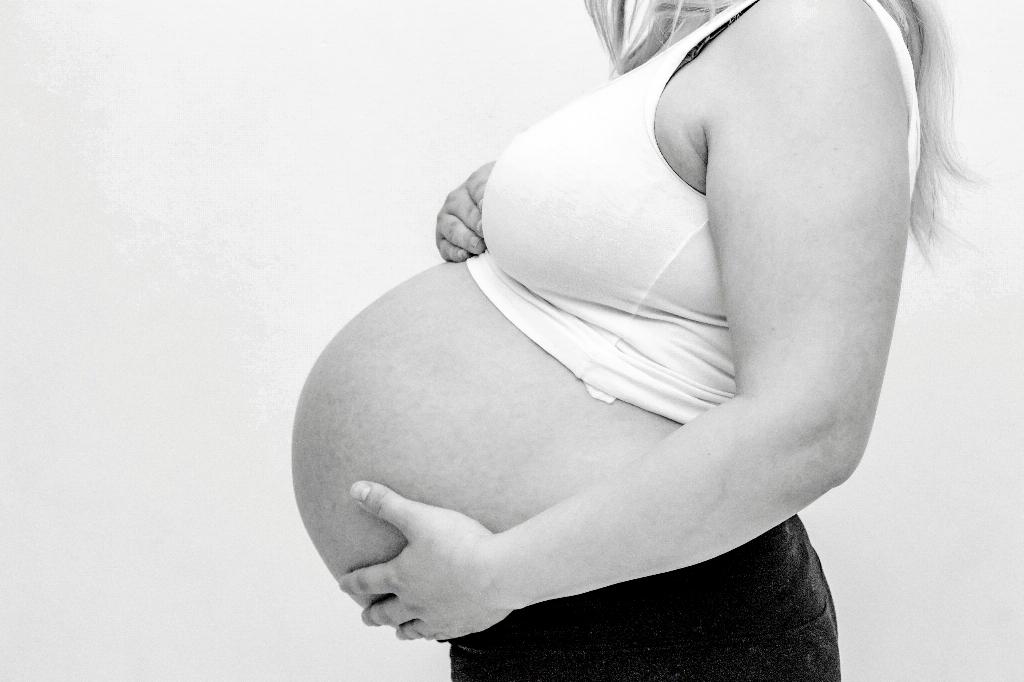Having chlamydia during pregnancy can pose serious risks to both the mother and the baby. Untreated chlamydia infection can lead to complications that can affect the health of the mother and potentially harm the developing fetus.
Chlamydia is a sexually transmitted infection that is caused by the bacterium Chlamydia trachomatis. If a pregnant woman has chlamydia, the infection can be passed on to the baby during childbirth. This can result in the newborn acquiring the infection, leading to potential health issues.
One of the main concerns of having chlamydia during pregnancy is the increased risk of preterm labor. Untreated chlamydia can cause inflammation in the uterus, leading to contractions and potentially triggering premature birth. Preterm labor can increase the risk of complications for both the mother and the baby.
In addition to preterm labor, untreated chlamydia infection can also lead to premature rupture of membranes. This means that the amniotic sac breaks before the baby is ready to be born, increasing the risk of infection and other complications for the mother and the baby.
Another potential consequence of having chlamydia during pregnancy is the risk of low birth weight. Chlamydia infection can interfere with the proper growth and development of the fetus, resulting in a baby being born with low birth weight, which can increase the risk of health problems for the newborn.
Furthermore, if a newborn is exposed to chlamydia during birth, the baby can develop infections in the eyes and lungs. Chlamydia can cause conjunctivitis (pink eye) and pneumonia in newborns, which can be serious and require immediate medical attention.
It is crucial for pregnant women to undergo regular prenatal care and screening for sexually transmitted infections, including chlamydia. Early detection and treatment of chlamydia during pregnancy can help reduce the risk of complications for both the mother and the baby.
If you suspect that you may have chlamydia while pregnant, it is important to consult with your healthcare provider as soon as possible. Testing and treatment for chlamydia are safe during pregnancy and can help protect the health of you and your baby.
Remember, chlamydia is a treatable infection with antibiotics. By addressing the infection promptly, you can reduce the risk of complications and ensure a healthier outcome for both you and your baby.
Overall, if you are pregnant and have chlamydia, it is essential to seek medical attention, follow the recommended treatment, and attend all prenatal appointments to monitor your health and the well-being of your baby during pregnancy.

